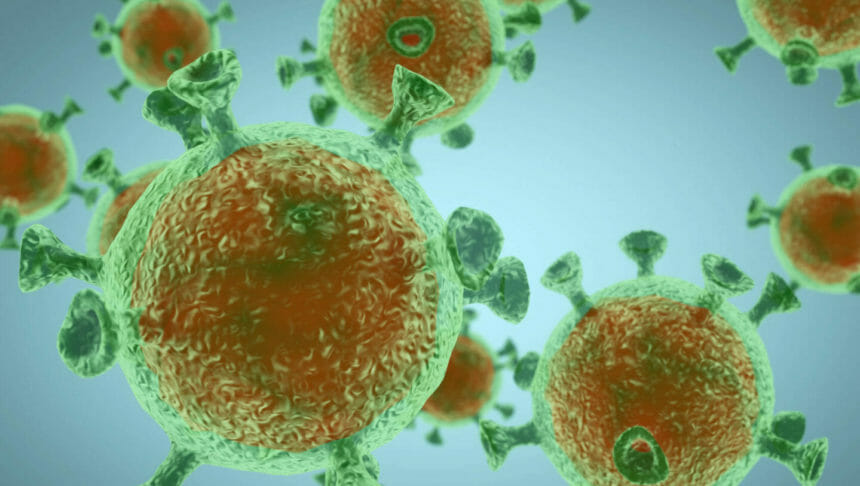
The majority of adults who contract the coronavirus have mild symptoms and recover without special treatment, but some four in 10 are at high risk of developing serious illness from the disease, according to a new study from the Kaiser Family Foundation.
The organization estimated the number of adults nationwide, and by state, who are diagnosed with chronic disease and therefore at greatest risk of poor outcomes. They reviewed data for heart disease, cancer, chronic obstructive pulmonary disease and diabetes. Hypertension, while a risk factor, is not tracked by the survey and was not included.
In all, about 105.5 million of 258 million U.S. adults have a higher risk of developing serious complications with coronavirus due to older age or health conditions. Most of these adults are 60 or older. In addition, more than half of these older adults also have one serious medical condition, with incidence rising to nearly two thirds at age 80 and older, the researchers reported.
Meanwhile, the number of at-risk U.S. adults varies greatly across states, ranging from 31% in Washington, D.C., to 51% in West Virginia. Among states hardest hit by the coronavirus, the share of adults at high risk is 40% for Washington, 37% in California, and 40% in New York, the authors wrote.
A group particularly at risk are the 1.3 million people living in U.S. nursing homes.
“Given the paucity of data at this stage of the pandemic, and the high stakes involved for people who do get seriously ill, these estimates confirm the need to take unprecedented efforts to minimize the spread of the coronavirus,” the authors concluded.




